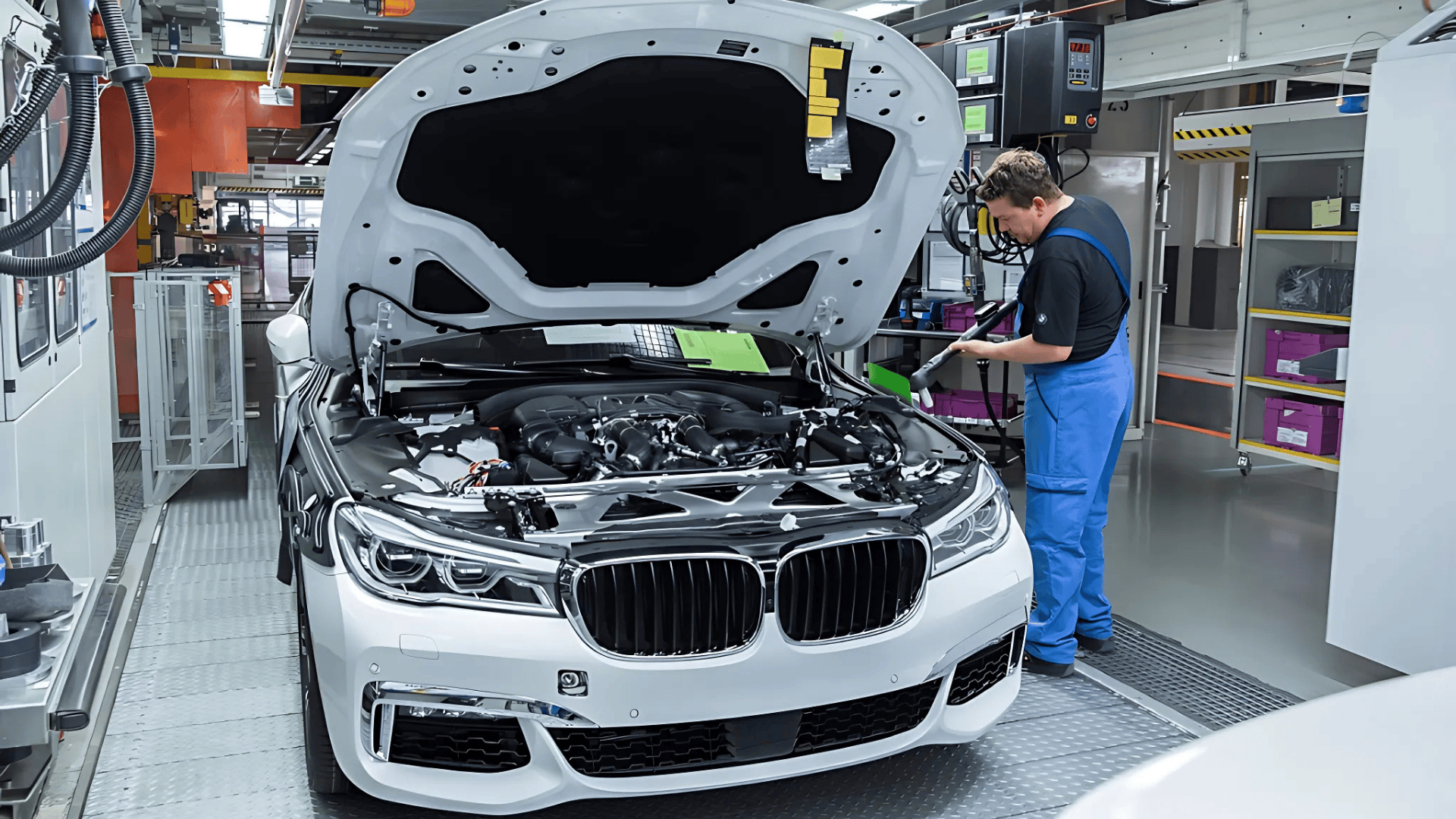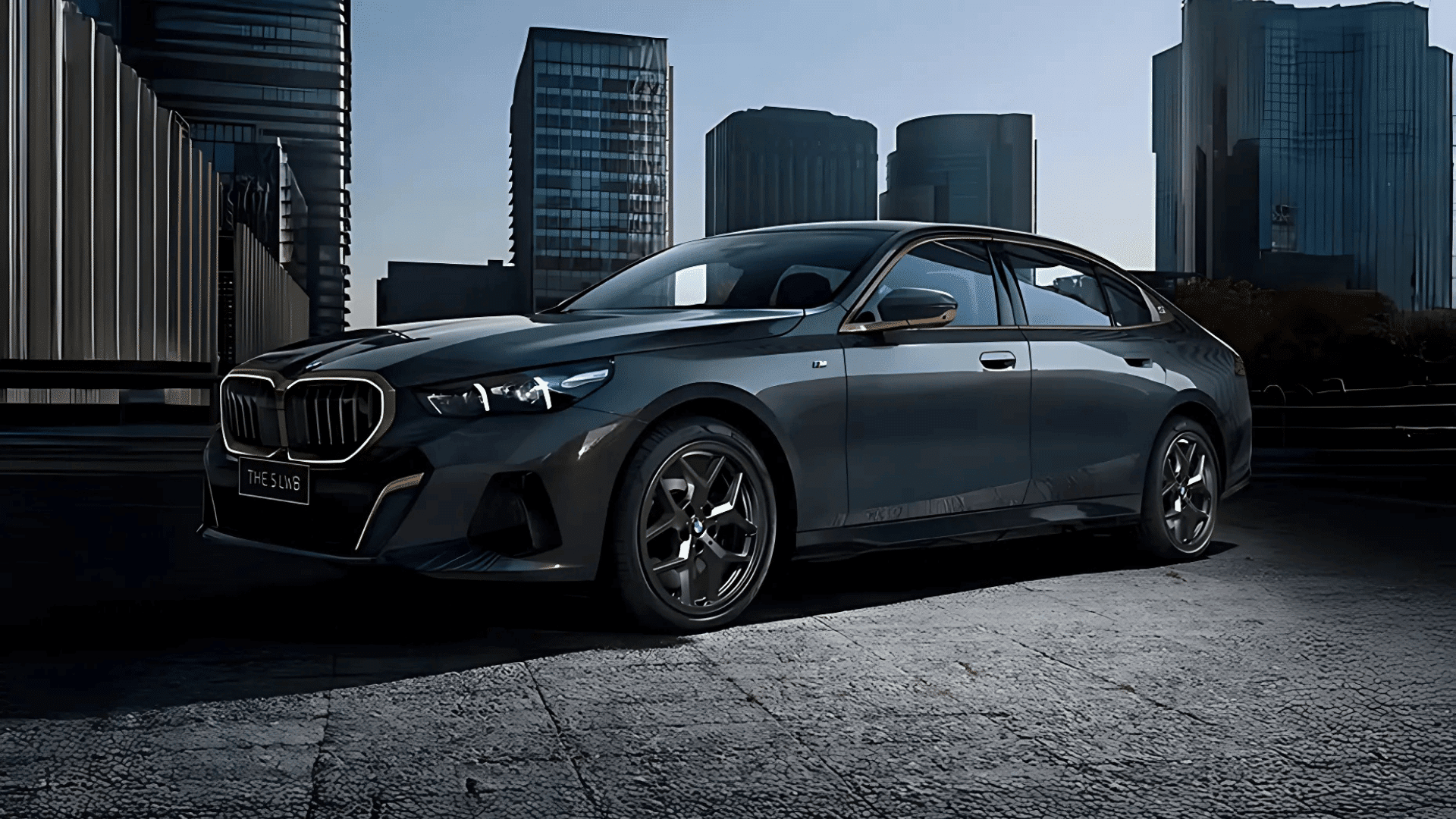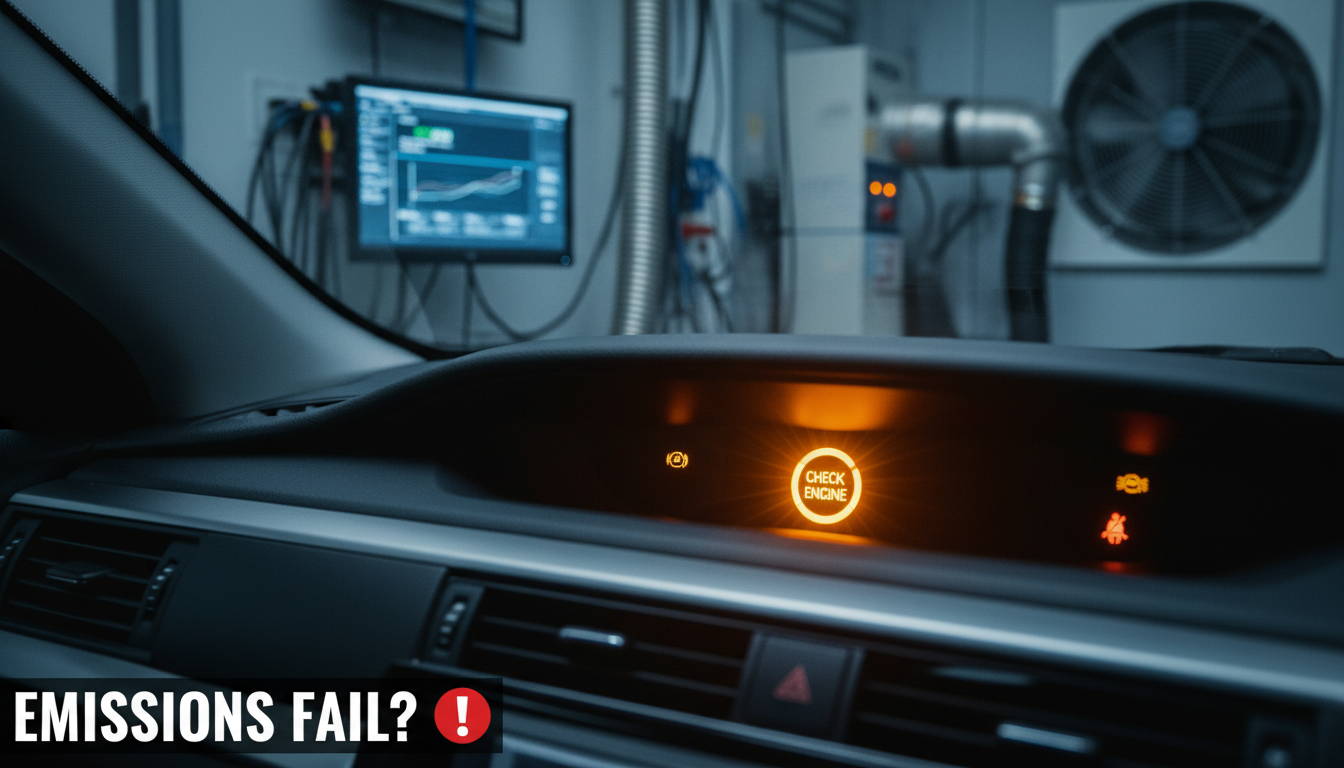When it comes to buying a car, one important question always comes to mind: Are BMWs good cars? The answer isn’t simple, as opinions on BMW’s reliability can vary.
Some owners swear by their performance and luxury, while others have concerns about long-term dependability.
BMW has earned a solid reputation for creating vehicles that blend style, performance, and cutting-edge technology.
However, when it comes to reliability, there are mixed reviews. In this blog, I’ll go through BMW’s reliability, pulling from personal experiences, community feedback, and expert insights.
If you’re considering a BMW for the long haul, I’ll help you weigh the pros and cons to decide if it’s the right investment for you.
Keep reading to find out more about BMW reliability and what you can expect from these luxury cars.
Maintaining a BMW: What You Should Know

BMWs tend to have higher maintenance costs compared to other car brands, which can be a significant factor in long-term ownership.
The advanced technology and luxury features require specialized care, making repairs more expensive than what you might expect from more mainstream brands.
However, with regular maintenance and care, many BMWs can last well beyond 200,000 miles.
Proper maintenance, including regular oil changes and timely repairs, is crucial to achieving this milestone.
Additionally, BMWs generally hold their value well, especially if they’ve been well-maintained.
This helps them retain a decent resale value compared to other luxury brands, which can be reassuring for anyone looking to sell or trade in their car in the future.
Are BMWs reliable for Long-Term Use?

Professional reviews rate BMW mid-range for reliability. While it offers a great driving experience, higher maintenance and repair costs make it less ideal for long-term affordability.
1. Reliability Ratings: Where BMW Stands
Professional reviews often place BMW in the middle range of reliability scores when compared to other luxury brands.
While BMW offers a high-performance driving experience, its long-term reliability can be inconsistent, with specific models experiencing more frequent issues than others.
Compared to mainstream manufacturers like Toyota or Honda, BMW doesn’t always score as highly in terms of durability.
However, when it comes to luxury brands, BMW tends to perform better than some others, though it may not reach the top tier of reliability.
2. Performance vs. Longevity: BMW’s Strengths and Weaknesses
BMW is renowned for its powerful performance and luxurious driving experience, but this often comes at the cost of longevity.
Industry professionals note that while BMWs excel in performance, they may not be the best choice for those seeking a long-lasting, low-maintenance vehicle.
High-performance engines and intricate systems require more attention and care.
Although BMWs can last a long time with proper maintenance, their complexity and higher repair costs may reduce their durability over the years compared to more reliable, less performance-focused brands.
3. Warranty and Service: What to Expect with BMW Ownership
BMW offers an exhaustive warranty for new cars, covering a wide range of repairs and service needs. However, once the warranty expires, repairs and parts can become significantly more expensive.
Industry professionals warn that, unlike mainstream brands, BMWs are not as easy to service without professional help.
The cost of both parts and labor can be high, making ownership more expensive in the long term.
While BMW’s warranties offer peace of mind initially, the post-warranty period can lead to costly repair bills for owners if maintenance issues arise.
What Owners Are Saying About BMW Reliability

BMW owners frequently highlight a few key areas of reliability concern. While some enjoy a smooth, trouble-free experience, others report frequent issues, particularly with electrical systems and high maintenance costs.
- Electrical and Software Issues: One of the most significant drawbacks discussed by BMW owners is the complexity of their electrical systems. Some models are prone to software glitches, which can lead to frustrating repairs.
- High Maintenance Costs: Many users point out that BMWs, particularly older models, are expensive to maintain. The cost of parts and labor for repairs can add up quickly, especially if you don’t stick to the recommended maintenance schedule.
- Longevity with Care: Despite the high repair costs, several long-term owners report that with proper care, their BMWs have lasted over 200,000 miles without significant issues. This suggests that BMWs can be reliable if maintained correctly.
How BMW Ranks in Professional Reliability Surveys

BMW’s reliability often ranks below rivals like Lexus and Acura. While performance is praised, surveys from Consumer Reports and JD Power show mixed results due to engine, transmission, and other common issues.
- Consumer Reports: BMW tends to rank lower than brands like Lexus and Acura, with many models earning a “fair” reliability score. This is often attributed to issues with the engine and transmission, which can be costly to repair.
- JD Power: JD Power rates BMW’s overall reliability as average, with specific models performing better than others. For instance, the BMW 3 Series has a more favorable reliability rating, while other models may not fare as well.
- Engine Performance: BMW engines are renowned for their exceptional performance, but they can also face long-term durability challenges. Regular maintenance is crucial to prevent issues and ensure they continue running smoothly over time. Without it, some engines may struggle with longevity.
Common Issues and Repairs in BMW Cars
BMWs offer advanced performance but can be costly to maintain due to complex engineering. Be prepared for higher repair costs.
1. Electrical System Failures
One of the more frequent issues with BMWs is electrical and software failures.
These problems can affect various systems, including the infotainment system, dashboard displays, and even engine performance.
Some owners report issues with the car’s computer systems, resulting in malfunctions in critical areas.
These problems may require expensive software updates or component replacements, particularly in older models where the technology may become outdated or prone to failure.
2. Cooling System Problems
The cooling system in BMWs, including components such as the water pump and radiator, is known to have issues that can lead to engine overheating.
Overheating can result in severe engine damage if not addressed quickly. Many BMW owners experience cooling system failures, which often require expensive repairs or part replacements.
Regular maintenance is crucial to prevent such issues, as early signs of trouble, like coolant leaks or fluctuating temperatures, can indicate the need for a system check-up.
3. Suspension Wear
BMW, especially those equipped with sport suspension, can experience wear and tear on suspension components over time.
Common signs of suspension issues include uneven tire wear, poor handling, and clunking noises when driving over bumps.
These problems are more likely to occur in older or high-mileage models, where suspension parts may degrade.
Replacing suspension components, such as struts and bushings, can be costly, but it’s essential to maintain handling performance and ensure a smooth, safe driving experience.
BMW Longevity and Key Factors Affecting Reliability

With proper care, BMWs can last 150,000 to 200,000 miles or more. Lifespan depends on the model, maintenance, and driving habits.
- Driving Habits: Aggressive driving can cause more wear and tear on your BMW, especially on the engine and transmission. Smooth driving and highway use are better for longevity.
- Model Year: Newer BMWs typically feature more advanced technology and better engineering, making them more reliable than older models, which may encounter more frequent issues as they age.
- Maintenance and Repairs: Routine maintenance, such as oil changes and brake inspections, is essential for keeping your BMW running smoothly. Neglecting these can lead to costly repairs and reduce the car’s lifespan.
BMW vs. Other Luxury Brands: A Reliability Comparison
When comparing BMW to other luxury brands like Lexus, Mercedes-Benz, and Audi, BMW shines in performance but lags in long-term reliability.
| Brand | Reliability | Strengths | Ownership Costs |
|---|---|---|---|
| Lexus | Very high | Fewer mechanical issues, durable engineering | Lower than BMW |
| Mercedes-Benz | Slightly better than BMW | Smooth mix of luxury and performance | Similar to BMW, with occasional spikes |
| Audi | Comparable to BMW | Strong performance, fewer major repair issues | Slightly lower than BMW |
Reliability Ratings of Popular BMW Models

This table highlights both the performance and common issues associated with each model, helping you make an informed decision.
| BMW Model | Reliability RAting | Common Issues | Lifespan (miles) |
|---|---|---|---|
| BMW 3 Series | 4.5/5 | Electrical system, suspension wear | 200,000+ |
| BMW X5 | 4/5 | Cooling system issues, electrical failures | 180,000+ |
| BMW 5 Series | 4.2/5 | Transmission problems, suspension wear | 200,000+ |
| BMW M3 | 3.8/5 | Engine issues, high maintenance costs | 150,000+ |
These ratings provide an overview of how each model performs in terms of long-term reliability and common issues encountered by owners.
Community Insights on BMW Reliability
Online forums and social media are full of discussions from BMW owners sharing their real-world experiences. These insights provide a valuable look at both the strengths and challenges of owning a BMW.
What Owners Love
- Smooth performance and responsive handling
- Luxurious features and refined interiors
- Strong enthusiast community that values driving experience
Common Concerns Shared by Owners
- Electrical malfunctions (e.g., sensors, battery, infotainment)
- Cooling system failures, especially in older models
- Suspension problems that affect ride comfort over time
These issues are often linked to BMW’s advanced technology and engineering complexity, which can lead to higher repair and maintenance costs.
Important Takeaway:Not all BMW models face these problems, but their frequent mention in community discussions makes them worth considering for potential buyers or current owners. Proper maintenance and model research are key to a better ownership experience
The Bottom Line
Deciding whether BMWs are good cars depends on your preferences. From my experience, BMWs offer a unique blend of luxury and performance that is hard to match.
However, their reliability often falls short of that of some other luxury brands. BMW can last a long time with proper maintenance, but they tend to have higher repair costs and may face more frequent issues as they age.
If you’re someone who values an exhilarating driving experience, a BMW might be the perfect choice; however, it’s essential to be prepared for the associated maintenance costs.
Ultimately, if you’re willing to invest in upkeep, BMWs offer incredible performance. I hope this blog helps guide your decision-making.
If you found this information useful, share it with others who may also benefit from it.








